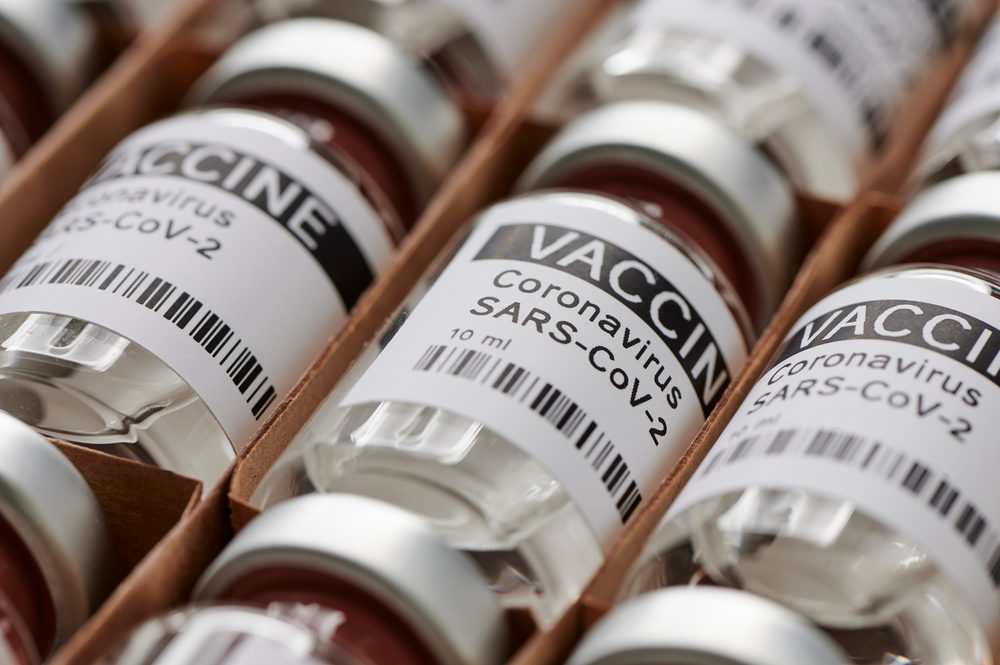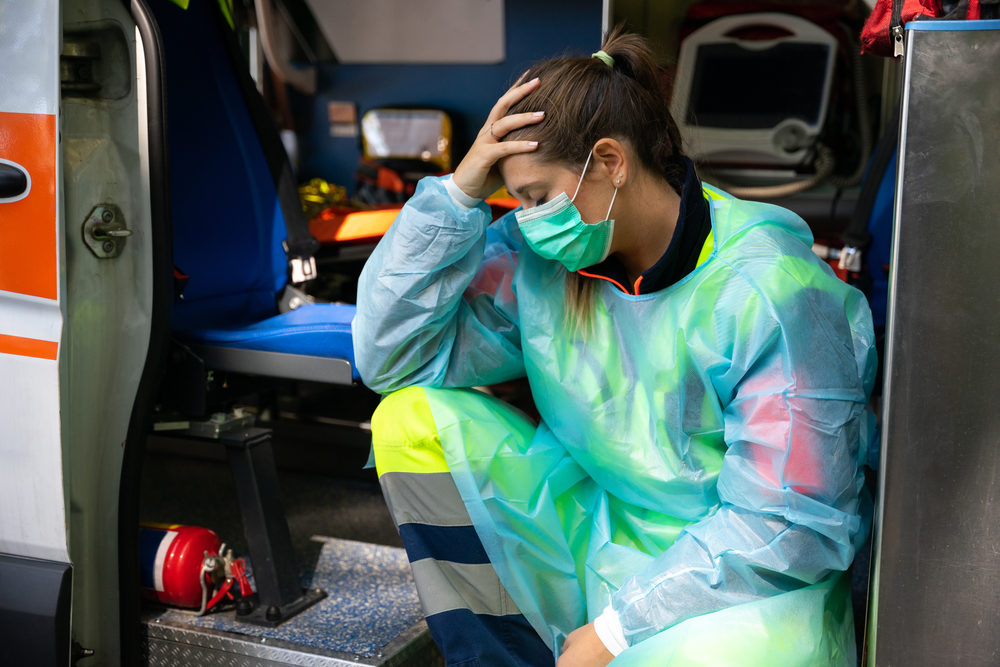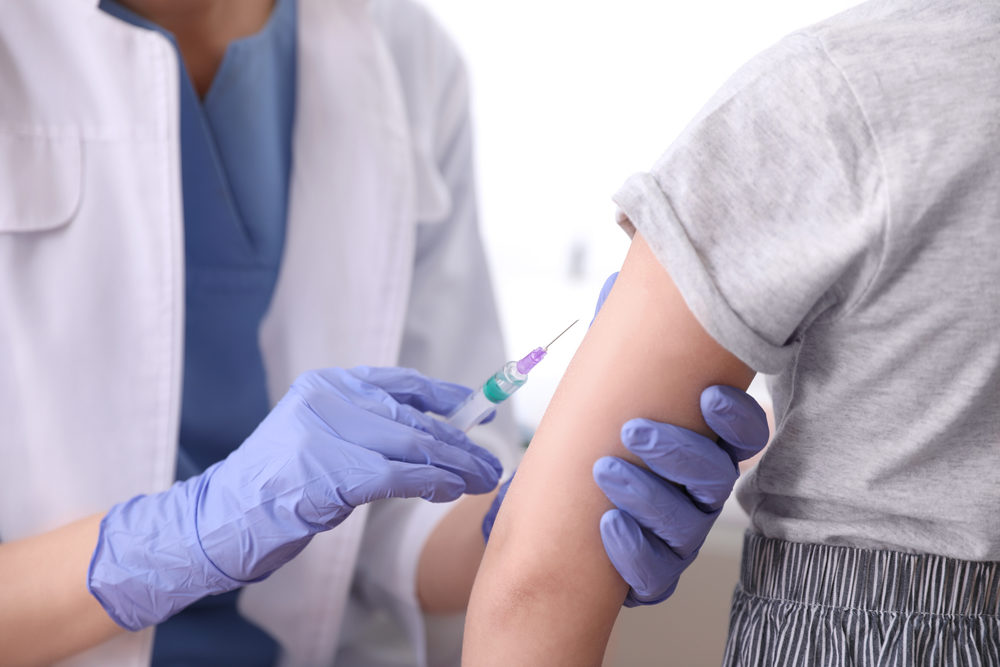
COVID-19 coronavirus is a respiratory illness caused by a new coronavirus that has not previously been seen in humans. The outbreak was first identified in Wuhan, Hubei, China in December 2019, and was recognized as a pandemic by the World Health Organization (WHO) on March 11, 2020.
The virus that causes COVID-19 is spread easily from person to person through droplets made when an infected person coughs, sneezes, or exhales. You can be infected by breathing in the virus if you are within close proximity of someone who has COVID-19, or by touching a contaminated surface and then your eyes, nose, or mouth.
COVID-19 can cause mild to severe illness in people. The most severe illness occurs in adults 65 years and older and people of any age with serious underlying medical problems. Common symptoms of COVID-19 include fever, cough, and shortness of breath. Other symptoms that people have experienced include fatigue, muscle pain, diarrhea, sore throat, loss of smell, and abdominal pain.
COVID-19 is causing a serious public health risk because of how easily it spreads and the severity of the resulting illness. There also are no current vaccines or medications that can treat the illness making it more difficult to manage.
Since there are no vaccines or treatments available yet, the best way the public can respond to COVID-19 is through community interventions such as social distancing and good hand hygiene, which can help reduce the impact of the disease.
Beginning in mid-March 2020 at the advice of public health experts, most states, cities, and counties enacted “stay-at-home” or “safer-at-home” orders to help prevent the spread of COVID-19. Schools were closed, bars and restaurants shut down except for takeout services, and residents were told to work from home. People were asked to only leave the house for essential services such as buying groceries, picking up medications, and recreational activities like biking and walking.
As a result of the shutdown orders, a variety of legal-related issues such as business interruption insurance, penalties for violating stay-at-home orders, delays to the civil and criminal justice system, and many more, have popped up. COVID-19 has definitely changed the way society is operating and has created negative and even some positive impacts on our world.
Because many people are spending more time at home than in previous years, it is important that consumers be aware of potentially harmful products found around the house. According to a report released by the Consumer Product Safety Commission (CPSC), emergency room visits due to injuries caused by consumer products actually increased in 2020. There was a sharp increase in injuries caused by fireworks, skateboards, hoverboards, and ATVs, as well as from household products such as cleaning agents and soaps. Often these injuries are the result of a defective product and it is in the consumer’s best interest to seek out the assistance of a product liability attorney.
If you’ve received a Covid-19 vaccine and you believe you’ve been injured as a result, you may want to read more about the National Vaccine Injury Compensation Program and how it may affect you.




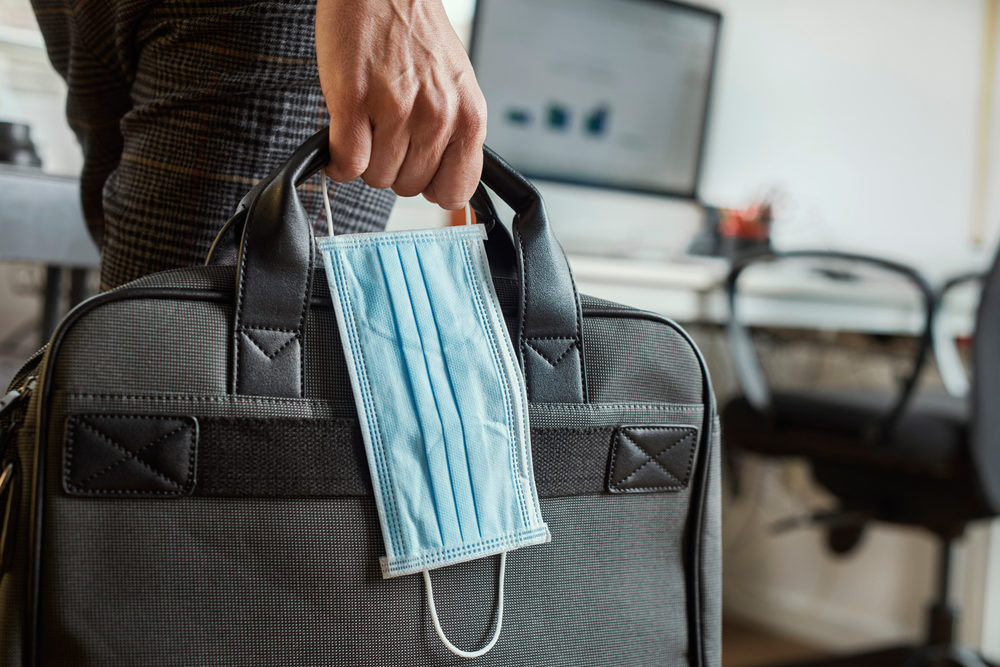

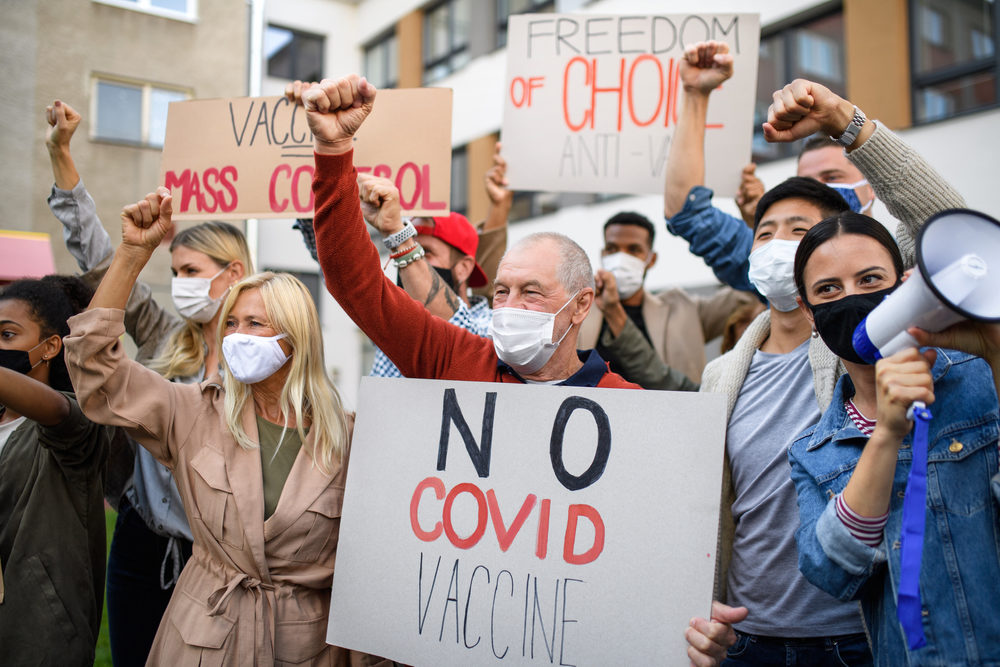


@thumbnail.jpg)

